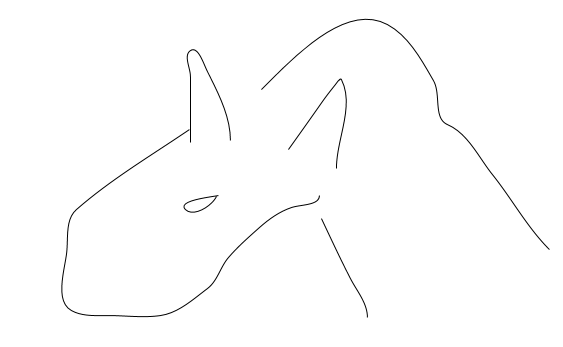recursion."
(OU, 2010, SAQ 2.18, p. 97)
...
'AN INQUIRY INTO MY SYSTEMS PRACTICE FOR MANAGING SYSTEMIC CHANGE'

Being
being ethical isophor embodied person living in language explanations social technology emotions technology as mediator institution tradition(s) of understanding | ||
Engaging
choices about situations bringing forth mess complex adaptive system resource dilemma difficulty reification experience neologism wicked problems, wicked situations tame problems systems diagramming | Contextual- ising aware systems practice systematic thinking tradition designing a systemic inquiry systemic thinking tradition exploring purpose metaphor analysis patterns of knowing method, methodology purposeful and purposive behaviour multi-methodology revealing and concealing metaphors | |
Managing
causal-loop models emergence perspectives on managing self-organisation transformation systems dynamics tradition emotions viable system model systemic awareness getting by, getting on top, creating space for hierarchy heterarchy responsible autonomy researchers ecological intelligence learning |
"... Journaling helps you to go back over and review the thoughts you had at certain points in the module and see whether these have ...



